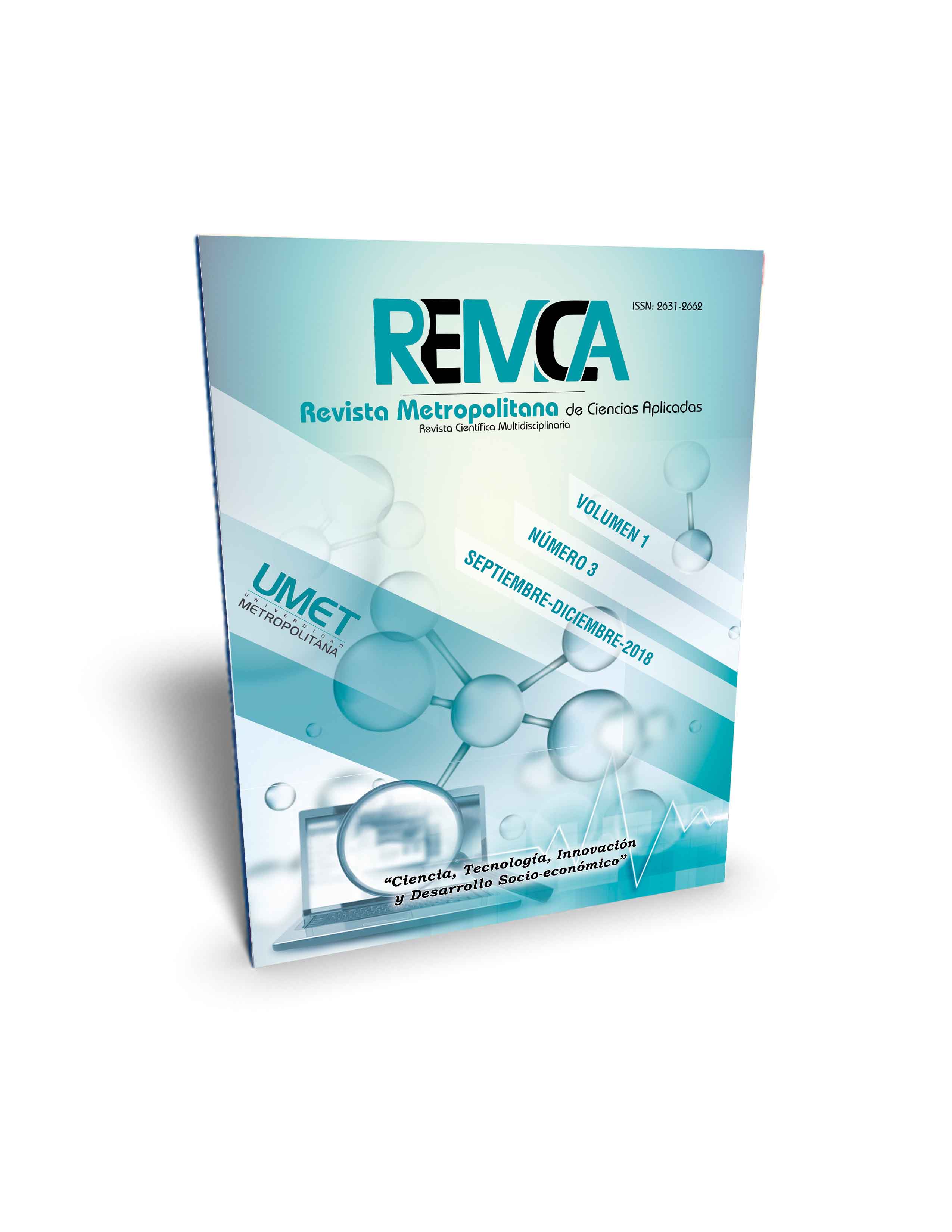Graduate follow-up, case study in Engineering in Business Management career in the Metropolitan University, Ecuador
DOI:
https://doi.org/10.62452/d4tn3z53Keywords:
Graduate follow-up, higher educationAbstract
The follow-up of the graduates is a necessary feedback mechanism to the plans and programs of study, so that the academic training in the Universities will cover the needs that the economic and social development of the country demands, with an emphasis on Local and territorial development. The Metropolitan University of Ecuador is not outside this process. The article presents the results of a descriptive study on the follow up of graduates in the Business Management Engineering degree at the Metropolitan University of Ecuador and their insertion in the labor market in Quito.
Downloads
References
Ecuador. Congreso Nacional de Ecuador. (2010). Ley Orgánica de Educación Superior. Registro Oficial 298. Quito: Congreso Nacional.
Ecuador. Consejo de Educación Superior. (2011). Reglamento General a la Ley Orgánica de Educación Superior. (2011). Reglamento General a la Ley Orgánica de Educación Superior. Quito: CES.
Ecuador. Universidad Metropolitana. (2016) Manual de Procedimientos para Seguimiento a Graduados. Guayaquil: UMET.
Downloads
Published
Issue
Section
License
Copyright (c) 2018 Vilma Eugenia González Morales, José Eduardo Sotomayor Jara, Tonysé De La Rosa Martín (Autor/a)

This work is licensed under a Creative Commons Attribution-NonCommercial-ShareAlike 4.0 International License.
Authors who publish in Revista Metropolitana de Ciencias Aplicadas (REMCA), agree to the following terms:
1. Copyright
Authors retain unrestricted copyright to their work. Authors grant the journal the right of first publication. To this end, they assign the journal non-exclusive exploitation rights (reproduction, distribution, public communication, and transformation). Authors may enter into additional agreements for the non-exclusive distribution of the version of the work published in the journal, provided that acknowledgment of its initial publication in this journal is given.
© The authors.
2. License
The articles are published in the journal under the Creative Commons Attribution-NonCommercial-ShareAlike 4.0 International License (CC BY-NC-SA 4.0). The terms can be found at: https://creativecommons.org/licenses/by-nc-sa/4.0/deed.en
This license allows:
- Sharing: Copying and redistributing the material in any medium or format.
- Adapting: Remixing, transforming, and building upon the material.
Under the following terms:
- Attribution: You must give appropriate credit, provide a link to the license, and indicate if any changes were made. You may do this in any reasonable manner, but not in any way that suggests the licensor endorses or sponsors your use.
- NonCommercial: You may not use the material for commercial purposes.
- ShareAlike: If you remix, transform, or build upon the material, you must distribute your creation under the same license as the original work.
There are no additional restrictions. You may not apply legal terms or technological measures that legally restrict others from doing anything the license permits.




